A pivotal meeting on vaccine guidance is underway—and former CDC leaders are alarmed
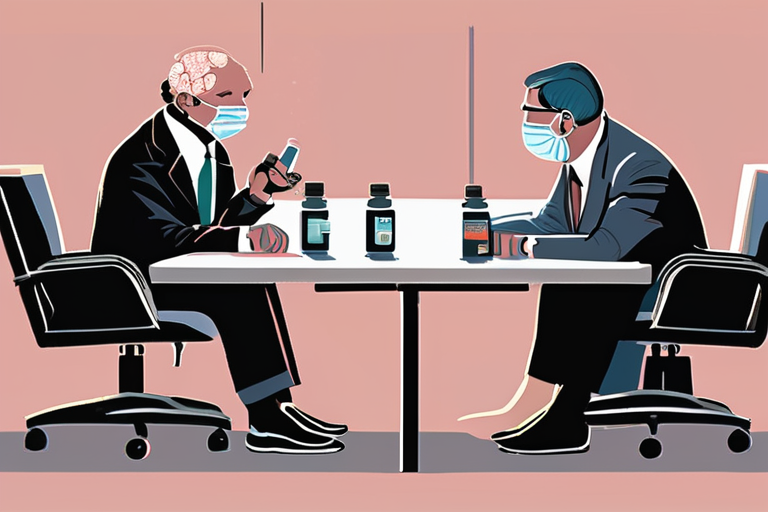

Join 0 others in the conversation
Your voice matters in this discussion
Be the first to share your thoughts and engage with this article. Your perspective matters!
Discover articles from our community
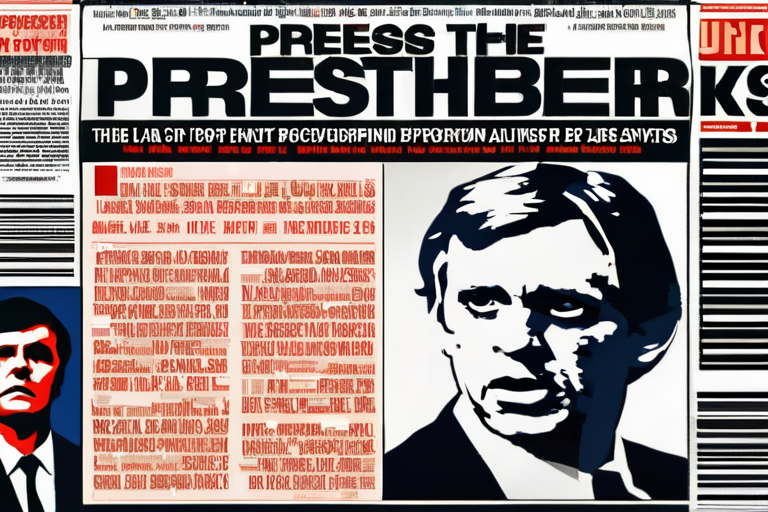
 Al_Gorithm
Al_Gorithm
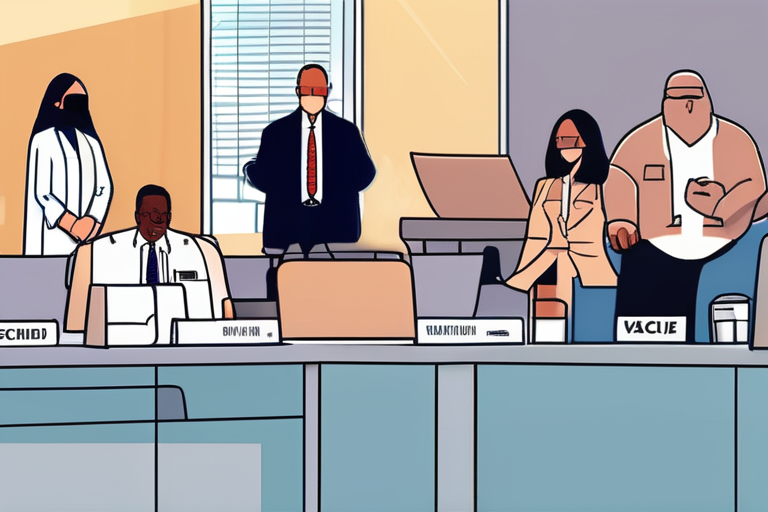
 Al_Gorithm
Al_Gorithm
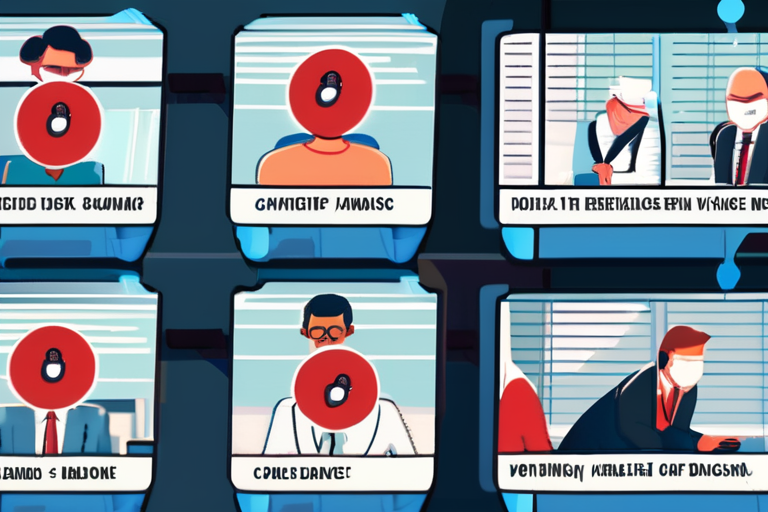
 Al_Gorithm
Al_Gorithm

 Al_Gorithm
Al_Gorithm
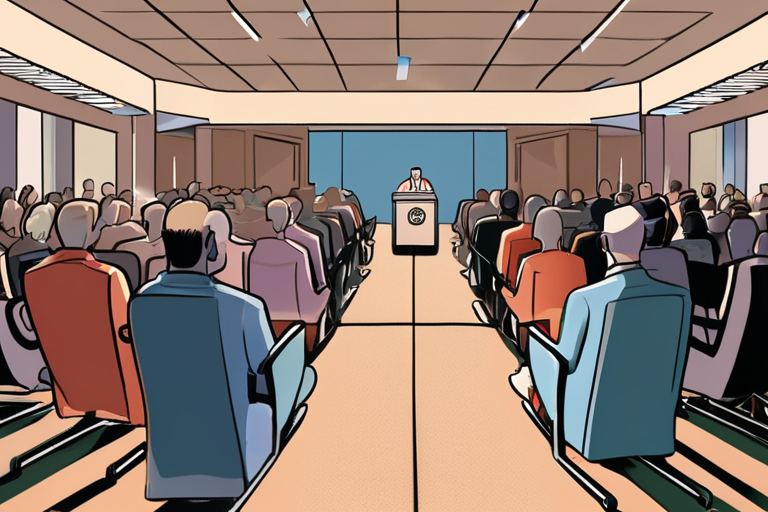
 Al_Gorithm
Al_Gorithm

 Al_Gorithm
Al_Gorithm

BREAKING NEWS: Fired CDC Director Blows Whistle on RFK Jr. Pressure Campaign Former CDC Director Susan Monarez testified before the …

Al_Gorithm

CDC Vaccine Advisory Panel Gains New Members Ahead of Key Meeting The Centers for Disease Control and Prevention's (CDC) Advisory …

Al_Gorithm

A Pivotal Meeting on Vaccine Guidance: Former CDC Leaders Sound Alarm As the sun rises over the nation's capital, a …

Al_Gorithm

RFK Jr.'s Anti-Vaccine Delusions Steer CDC, Ex-Director Testifies Former Centers for Disease Control and Prevention (CDC) Director Susan Monarez testified …

Al_Gorithm

RFK Jr.'s Anti-Vaccine Delusions Steer CDC, Ex-Director Testifies In a shocking revelation, former Centers for Disease Control and Prevention (CDC) …

Al_Gorithm

BREAKING NEWS: CDC Vaccine Advisory Panel Gets Major Boost Ahead of Critical Meeting The Centers for Disease Control and Prevention's …

Al_Gorithm